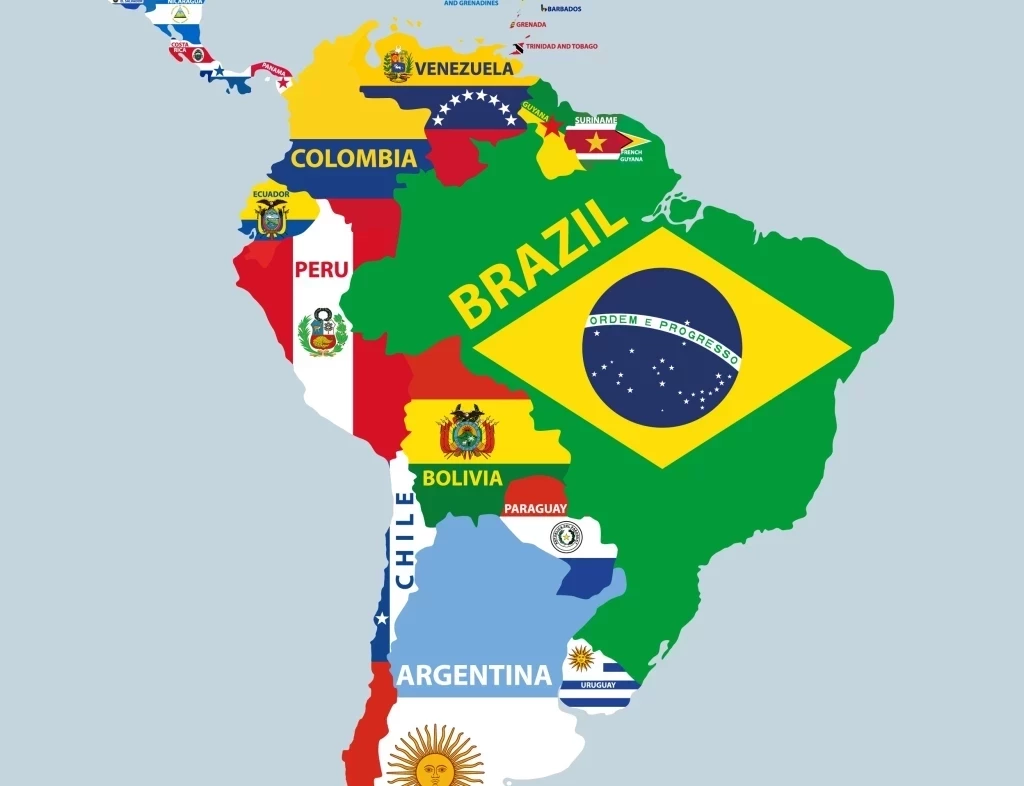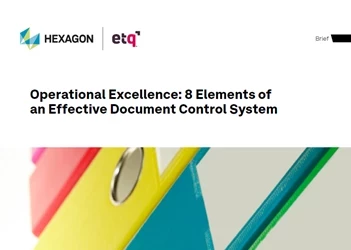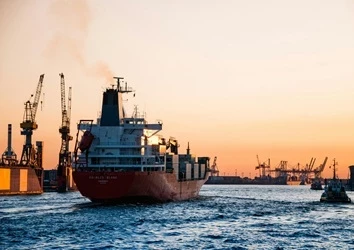Fueling the future of sustainable operations: Latin America’s green hydrogen advantage
Latin America has both the ambition and the vision to become a powerhouse for green hydrogen
Add bookmark
Latin America’s green hydrogen advantage is fueling the future of sustainable operations. As the world races toward decarbonization, green hydrogen stands out as a game-changer – particularly for industries like shipping, aviation and heavy manufacturing, where direct electrification remains a challenge.
Latin America has both the ambition and the vision to become a powerhouse for green hydrogen, thanks to an abundance of renewable resources and a growing track record in disciplined project execution.
Join the PEX Network community

Don't miss any news, updates or insider tips from PEX Network by getting them delivered to your inbox. Sign up to our newsletter and join our community of experts.
Learn MoreWhat is green hydrogen?
Produced using renewable electricity, green hydrogen offers a near-zero-emissions alternative to traditional hydrogen, which relies on fossil fuels. According to the International Energy Agency, green hydrogen could help meet up to 24 percent of global energy demand by 2050 and cut annual CO₂ emissions by more than six gigatons – roughly a fifth of current global emissions. Market projections see green hydrogen growing into a US$700 billion global market by 2040. That context is important: the scale and speed of this shift is unprecedented, and new global leaders are emerging.
The future of sustainable operations: Latin America’s competitive edge
The region’s natural advantages are hard to match. Chile boasts the world’s highest solar irradiation in the Atacama Desert and exceptional wind resources in Patagonia. Brazil’s massive hydropower base, combined with steady solar and wind, puts it at the forefront of renewable potential. These strengths are already translating into numbers: Chile is targeting green hydrogen production costs of $0.8–$1.1 per kilogram by 2030, among the lowest globally and significantly below the $2–$7/kg range seen in many established economies. Brazil is close behind, with projected costs below $1.50/kg. By 2030, Latin America could supply over 7 million tons of low-emission hydrogen each year, with Chile alone targeting a 10 percent share of global green hydrogen production.
Diego Borquez will be speaking at All Access: BPM Business Process Management 2025
Best practices: Stories from the field
Haru Oni – global innovation from Patagonia
In the windswept, southern Magallanes region of Chile, the Haru Oni project (led by HIF Global, alongside Porsche, Siemens Energy and Enel) has begun producing e-fuels from green hydrogen and captured CO₂ since 2022. This is more than just a technical feat; it’s operational discipline in action. The project coordinates international investment, advanced process control and community engagement – all while operating in one of the world’s most remote regions. By 2027, Haru Oni aims to produce 550 million liters of synthetic fuel annually, a step forward for clean logistics and global supply chains.
ENGIE and Walmart Chile – lean execution in logistics
Since 2022, ENGIE and Walmart Chile have operated Latin America’s first industrial-scale green hydrogen plant dedicated to logistics, converting over 200 forklifts from diesel to hydrogen at Walmart’s main distribution center. This has reduced logistics-related emissions by 85 percent, demonstrating the business case for rapid decarbonization and the power of rigorous operational integration. The project exemplifies how clear KPIs, process monitoring and real-time iteration can deliver environmental impact and business efficiency hand-in-hand.
Fortescue Future Industries – strategic adaptation in Brazil
At Brazil’s Pecém Industrial Port Complex, Fortescue Future Industries is developing a large-scale green hydrogen facility aiming for 168,000 tons of annual capacity. While still in the pre-feasibility phase, the project highlights the need for adaptive project management. Navigating regulatory challenges, infrastructure needs and multi-stakeholder engagement, FFI’s ongoing commitment underscores the value of resilience and disciplined adjustment – essentials for any large-scale transformation initiative.
Copper: The enabler
No conversation about renewable energy is complete without copper. Electrolyzers, wind turbines, transmission lines and green hydrogen facilities all depend on copper for conductivity and reliability. Latin America, home to nearly half of the world’s copper production (mostly from Chile and Peru), enjoys a built-in synergy. The established supply chains and operational know-how of the copper sector are now feeding directly into the success of the region’s energy transition.
Challenges and adaptive responses
Latin America’s ambition isn’t without hurdles. Policy uncertainty, slow permitting (“permisología”) and limited logistics infrastructure can slow progress and increase costs. Yet, leading projects have responded by investing in collaborative community engagement, streamlined digital permitting pilots and international partnerships that share knowledge and risk. The resilience and adaptability required in this context are core strengths for operational excellence (OPEX) professionals.
Latin America’s green hydrogen story is still unfolding, but the building blocks – abundant renewables, global partnerships, operational rigor and a deep pool of transformation talent – are firmly in place. For those passionate about project management, OPEX and transformation leadership, these regional initiatives offer globally relevant lessons: innovation thrives when paired with disciplined execution, adaptability and a shared vision.
All Access: AI in Process Excellence 2026

Don’t get left behind. Join us at All Access: AI in Process Excellence to learn from leading experts, thought leaders, and practitioners who are on the ground experimenting, researching, and learning how to best use AI. They will share their secrets with you for free. And you’ll have the opportunity to network with fellow professionals as we navigate this new world. Register now to save your spot.
Register Now













